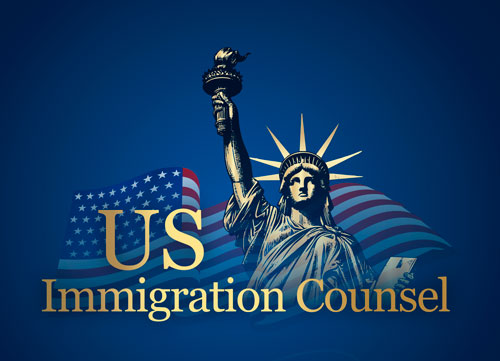I-601 Waiver for Grounds of Inadmissibility
The I-601 Waiver, also known as the Application for Waiver of Grounds of Inadmissibility, is a legal option for noncitizens who have been deemed inadmissible to the United States. It allows eligible applicants to request forgiveness for specific immigration violations so they can move forward with applications for an immigrant visa, adjustment of status, certain nonimmigrant visas, or other immigration benefits.
Common reasons for inadmissibility include unlawful presence, overstaying a visa, or past criminal offenses. Filing an I-601 Waiver gives eligible applicants an opportunity to continue their immigration journey despite these past issues.
Demonstrating Extreme Hardship
To be approved, the I-601 Waiver must show that denying the applicant admission would cause extreme hardship to a qualifying relative—typically a U.S. citizen or lawful permanent resident spouse, parent, or child. This hardship must go beyond the typical consequences of family separation.
Examples of qualifying hardships include:
-
Serious medical conditions affecting a qualifying family member
-
Loss of educational opportunities for children
-
Financial strain due to the applicant’s absence
-
Emotional or psychological impact on close relatives
-
Separation from established community or family ties in the U.S.
Spouses and unmarried children under 21 of U.S. citizens may also be eligible to apply for a related waiver using Form I-601A, which can be filed from within the U.S.
Applying for the I-601 Waiver
The application process includes:
-
Form I-601: Filed if the applicant is outside the U.S.
-
Form I-601A: Filed if the applicant is inside the U.S. and seeking a provisional waiver
Applicants must submit supporting documentation that clearly demonstrates the extreme hardship their U.S. relative would face. This may include:
-
Medical records
-
Financial documents
-
Affidavits from family and friends
-
Educational or business records
USCIS also accepts fee waiver requests from certain vulnerable applicants, such as:
-
VAWA self-petitioners
-
T visa applicants
-
Battered spouses or children of U.S. citizens or lawful permanent residents
-
TPS applicants
How Legal Guidance Can Help
Filing an I-601 Waiver is complex. A strong case requires not only thorough documentation but also a compelling legal argument. An experienced immigration attorney can:
-
Help determine your eligibility
-
Assist in gathering the right evidence
-
Prepare a complete and persuasive application
-
Increase your chances of success by avoiding common mistakes
While no outcome is guaranteed, professional guidance significantly improves your odds of approval and helps you navigate the legal process with confidence.

